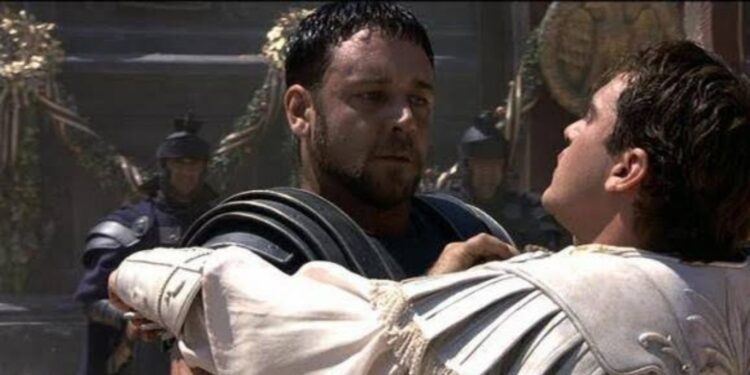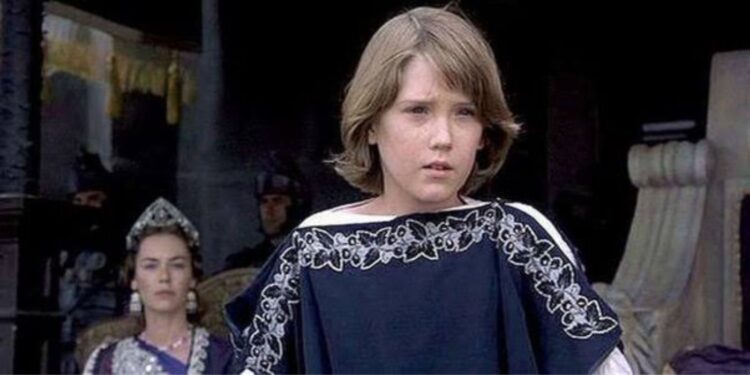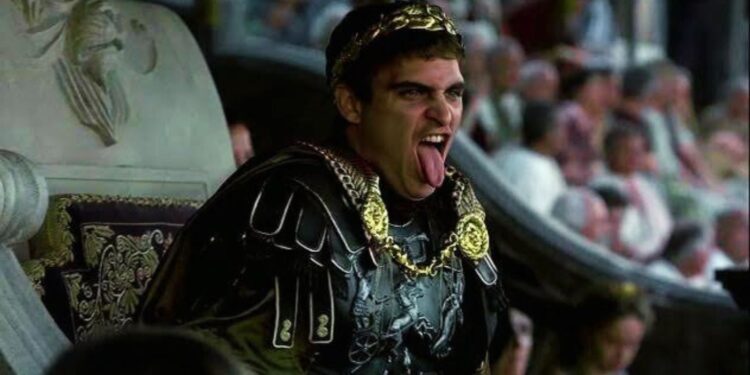When telling a story remotely close to Ridley Scott’s Gladiator, the lines between facts and fiction often become blurred. Gladiator wasn’t the first Roman Empire-based movie, but its success laid the foundation from which others have flourished. One good way it achieved that level of success was to embed fictitious characters in real-life stories and events convincingly.
However, Scott’s Gladiator did not set out to deviate from historical facts. Ridley hired several Roman Empire historians as advisors to ensure Gladiator accurately depicted ancient Roman culture. In a bid to ensure narrative continuity and audience interest, Scott soon began to stray away from history into the ever-evolving world of fiction. One of the film’s hired historians quit at a point. Meanwhile, another insisted not to be credited to avoid damaging his reputation. These are the biggest historical lies in Gladiator.
Gladiator’s Maximus And His Place In History

The sword-and-sandal genre is a historical fact that has been depicted severally in movies with varying storylines. However, the main protagonist is merely a figment of the director and his writers’ creative imagination. While Maximus undoubtedly made the movie a success, there has never been a Roman General named Maximus Decimus Meridius.
Roman onomastics show Maximus Decimus Meridius isn’t a personal name that could have been used in ancient Rome. Russell Crowe admits Maximus Decimus Meridius came to be because it “just flowed well.” As vengefully pleasing as it was to watch, no Roman General in the time of Marcus Aurelius and Commodus had his family murdered, turned into a slave, and killed a skillful gladiator fighter like Emperor Commodus.
Marcus Aurelius Assassination

Roman historians were undoubtedly enraged to have seen the great Caesar Marcus Aurelius asphyxiated by his son, Commodus, in Gladiator. In Roman history, Marcus Aurelius is regarded as the last of the Five Good Emperors of Rome. His death, far from asphyxiation, ended Rome’s internal peace and good government. The real Marcus Aurelius died from the Antonine Plague, often considered to be smallpox or measles, that claimed at least 5 million lives.
Gladiator’s Marcus Aurelius Chose Maximus As His Successor

Maximus’ troubles began when Commodus learned his father found him unworthy to be Emperor, choosing Maximus over him. While it made a fantastic movie plot, in Roman history, Commodus’s heir was Marcus Aurelius. For the avoidance of doubt, Commodus didn’t have to force himself on the throne after his father’s death. This is because his father, Marcus Aurelius, made Commodus co-ruler of Rome long before his death. The real Marcus Aurelius had no hesitation in naming Commodus as his successor.
Gladiator’s Commodus Died In A Fight In The Colosseum

Maximus finally had his chance for vengeance when a prideful Commodus challenged him to combat in the arena. Despite having the advantage of fighting a poisoned and injured Maximus, Commodus is abandoned by his soldiers to die a cowardly death. Commodus loving to fight as a gladiator in the arena is the only historical truth to the scene.
The real Commodus never lost a fight in the arena, but mostly because his opponents always submitted to him. Commodus was drowned in his bath by his wrestler companion, Narcissus. Commodus is said to have been poisoned but spat it out before it could take effect. Narcissus met the Emperor during his bath and held him underwater until he died.
Lucilla’s Son, Lucius, Died Before The Reign of Commodus

Commodus’ “Am I not merciful?” scream in Gladiator is one of the movie’s most iconic lines. Commodus’ mercy is shown as withholding judgment for his sister, Lucilla, after she betrays him. As punishment, he instructs her to marry him and produce purebred heirs. That’s one of the historical lies in Gladiator, as Roman history tells a different story. Lucius, Lucilla’s Son, died at a young age long before Commodus became the sole Emperor of Rome.
Lucilla wasn’t a widow by the time Commodus became Emperor. She lost a husband, Lucius Verus. But almost immediately remarried Claudius Pompeianus. Lucilla had been married to Pompeianus for about 11 years before Commodus became Emperor. The incestuous proposal was never part of Roman history, and Commodus never had an obsession with Lucilla, as shown in Gladiator.
Gladiator’s Commodus Dies Before Lucilla

Here’s another historical lie in Gladiators uncovered. Commodus showed Lucilla mercy after knowing of her betrayal. With no Maximus in Roman history, Lucilla’s betrayal was part of an assassination attempt on Commodus’ life. The real Commodus wasn’t as merciful as Joaquin Phoenix‘s Commodus. The Emperor exiled Lucilla and her stepson (from Claudius Pompeianus’ previous marriage) to the Island of Capri. After killing others implicated in his assassination plot, he ordered Lucilla’s execution that same year.
Commodus Death Brings Peace To Rome in Gladiator

By the end of Scott’s Gladiator, audiences had had their fill of Commodus’ excesses and wickedness. His death was a relief to all, even the fictional Roman mob. Yet, history tells a different tale. After the assassination of Commodus by Narcissus, Rome knew no peace. Commodus’ death created a power struggle that resulted in Roman history’s Year of the Five Emperors. Gladiator‘s happy ending only makes for a great movie, not a history lesson.
 Follow Us
Follow Us





